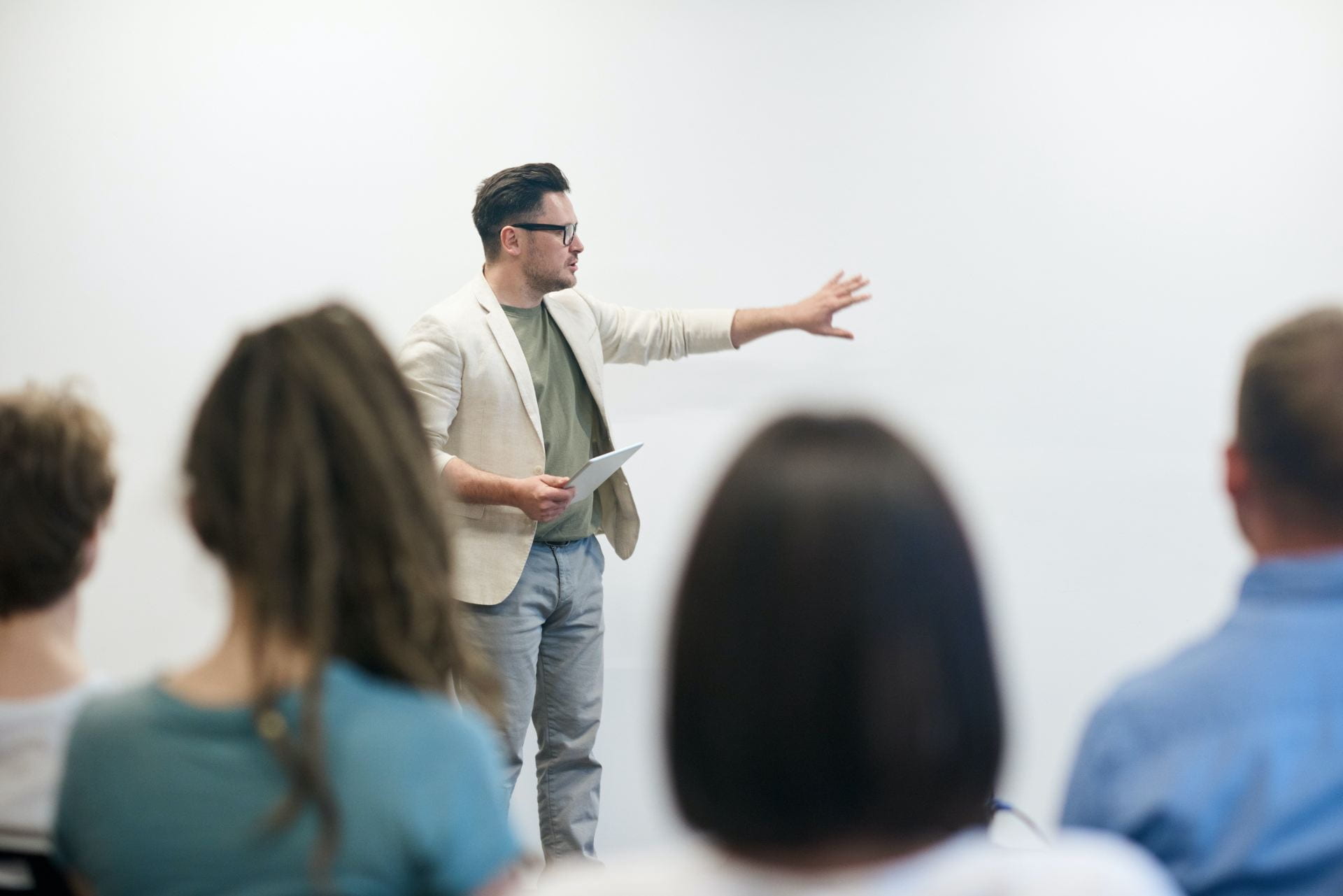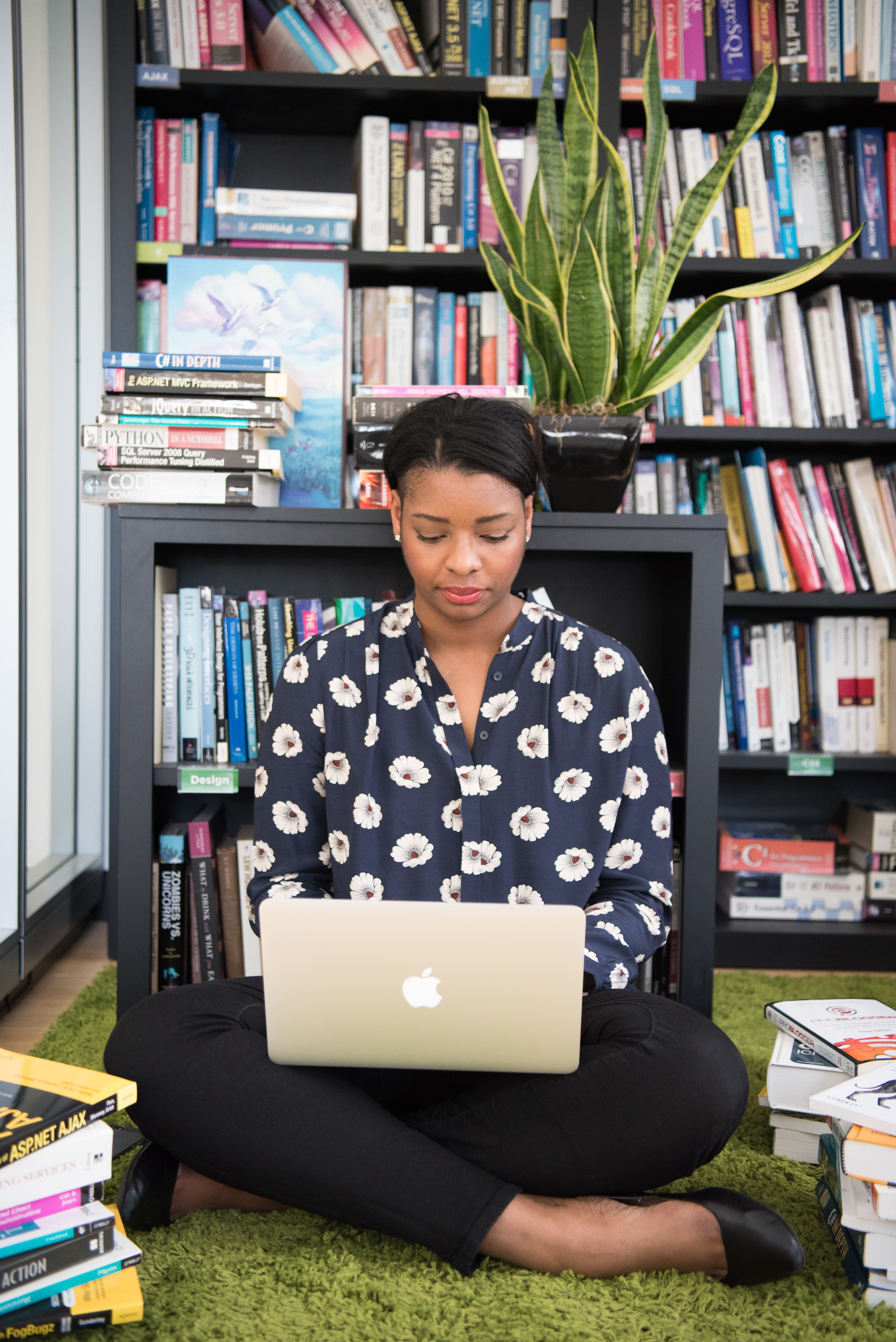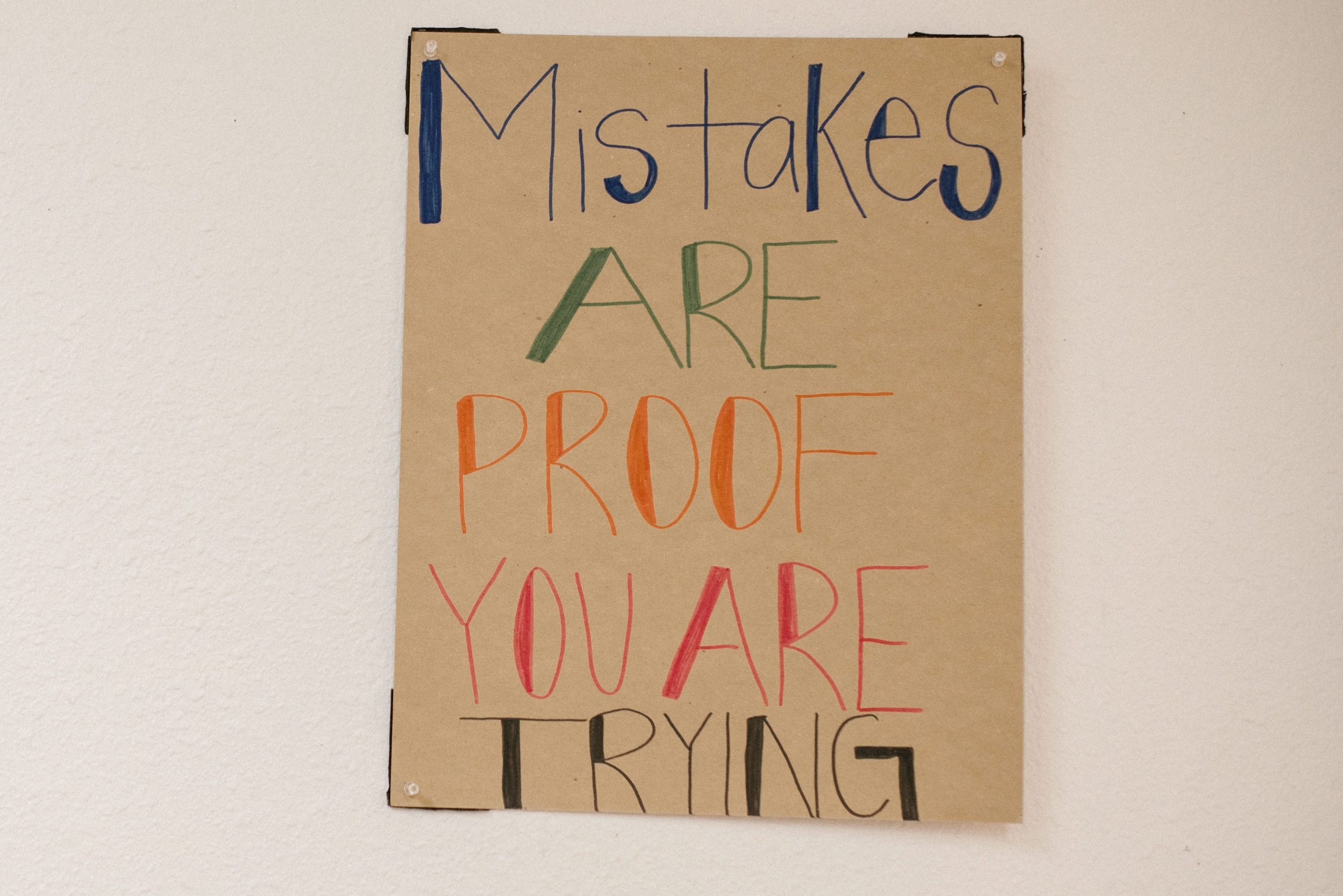Hi, I'm currently in third year studying MChem Chemistry for Drug Discovery and Development. I am passionate about science , LGBTQ+ rights and swimming too.

Poster presentations can often be nerve racking especially if it is your first time. I am a chemistry for drug discovery and development student and in this post I will give you my advice for poster presentations as a science student.
Do background research around your topic:
Although your poster may be on something very specific, it is extremely useful if you also have a broad background knowledge of that area. This will give you a deeper understanding of the small part you are covering, and also give you context that you can refer to in your presentation. Not only this but using background knowledge to compliment the information on your poster when answering questions is a great way to show your assessor(s) that you have done the research and genuinely know what you are talking about (even if you actually don’t).
Know your figures:
Figures can make a poster look very attractive but make sure that you understand exactly what they all show so that you can fully explain them and answer any questions about them if necessary. Knowing these in detail will also make you appear much more knowledgeable and confident when answering those questions.
The elevator pitch:
First impressions really count when it comes to poster presentations. The aim of an elevator pitch is to catch the interest of your audience and keep them wanting more information. Your elevator pitch should include what your research topic is, what you have found and why it is important. Once the audience have this information they will be intrigued and ready for the details.
Be prepared for questions:
Personally, I find questions after a poster presentation one of the scariest parts as you have no idea what will be asked. As I make a poster, I think about all the questions that could be asked around the information I am including as well as the topic in general. This allows me to prepare answers for potential questions so that I know what I will say when asked, not only seeming more knowledgeable but more confident too. Obviously this wont work 100% of the time but having at least a few answers ready is a great place to start.
Get a good night sleep the night before:
Some people may find that they are productive at night but if that is you I still encourage you to get a good nights sleep before your presentation as it will give you clarity and a sense of focus. More about the benefits of a good nights sleep can be found in my post here.
Practice, practice, practice:
This may seem obvious but you really can’t practice enough! It is normal to be nervous when you first start presenting but the more you practice the more confident you will become and the more natural you will look when you come to do your assessed presentation. Try practicing in front of lots of different audiences, these could be your housemates, family, friends or peers. By practising in front of different audiences you can gauge how well they are connecting with and understanding your presentation.
Get feedback:
Getting feedback is a great way to not only improve your poster and the presentation but also to prepare for the assessment. Constructive criticism will lead to an increase in confidence as you will learn what you have done well and what you need to improve on to make it better.
Be confident:
Confidence can make or break a presentation. Presenting is difficult but doing it with confidence gives the audience more trust in what you are saying, and also shows the assessor(s) that you have the knowledge in your chosen area and can clearly share it. Richard Kline once said “Confidence is preparation, everything else is beyond your control”.
Keep calm and carry on:
Presentations don’t always go perfectly but if something goes wrong pick yourself up, keep calm, and carry on. What matters more is the recovery not the mistake. It can be tough to do this but be prepared and when you practice see where you make a mistake and prepare extra notes for this part so that if you do slip up in the actual presentation you can quickly correct yourself.
Thank you for taking the time to read this post I hope you have found it useful. Good luck with your poster presentations in the future. For more study based content click here.
Your success will be determined by your own confidence and fortitude.
Michelle Obama









